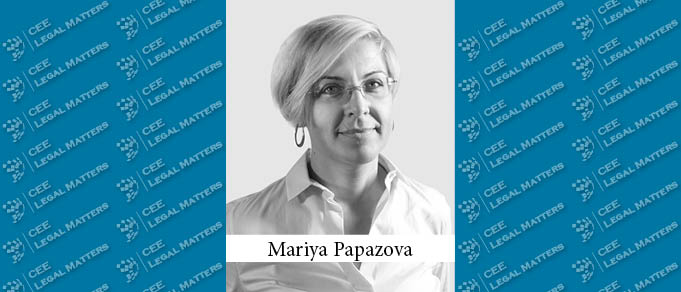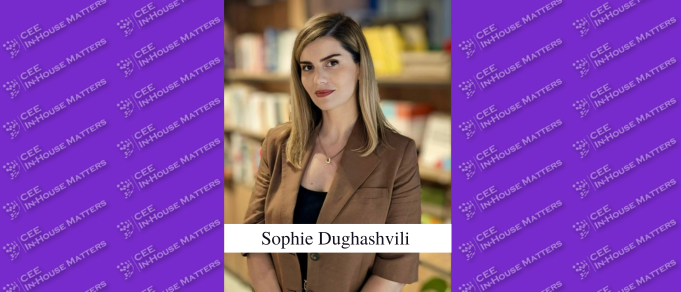A new Regulation on Active Cooperation for Detecting Cartels (“Regulation”) in Turkey entered into force on 16 December 2023. The Turkish Competition Authority (“TCA”) also held a helpful webinar on the topic, highlighting the differences between the old and new regulation. In this article, we highlight two changes that we consider to be the most important: (i) applicants are now required to submit documents that contribute added value; and (ii) applications from cartel facilitators are now explicitly welcomed. Lastly, we present an overview of the conditions for full immunity and for reductions in administrative monetary fines.
Cristina de Jonge, Nicolae Ursu, and Iulia Dragomir Make Partner at BPV Grigorescu Stefanica
Former Managing Associates Cristina de Jonge, Nicolae Ursu, and Iulia Dragomir have been promoted to Equity Partners at BPV Grigorescu Stefanica.
Bulgarian Commission for Protection of Competition to Adopt Block Exemption Decision for Certain Categories Agreements and Concerted Practices with Effect on National Markets
On 30 November 2023 Bulgarian Commission for Protection of Competition (the “CPC”) finally published draft of new decision on group exemption of certain categories of agreements, decisions and concerted practices with effect on national markets (the ”Draft”), such as: vertical agreements and practices, agreements and practices in the motor vehicle sector, specialisation and R&D agreements and practices as well as agreements for transfer of technologies, from the ban under article 15 (1) of the Competition Protection Act (the “CPA”). The latter reflects article 101 (1) of the TFEU.
Record Fine To META
With its announcement dated 10.01.2024, the Competition Authority imposed an administrative fine of TL 4,796,152.96 per day (on the basis of its gross revenues in 2022) on META Economic Unity commencing from 12.12.2023 until the Final Compliance Remedy is submitted to the Competition Authority.
Turkish Competition Authority Published the M&A Overview Report for 2023
The Communiqué No. 2010/4 (the "Communiqué") requires approval of the Competition Board (the "Board") on mergers, acquisitions and privatisation transactions that fall within its scope in order for those to be legally valid. The Turkish Competition Authority releases data relating to transactions requiring the Board’s clearance and examines those transactions in an annual report. In this respect, the transactions reviewed by the Board in 2023 were disclosed to public on January 5, 2024 through the Mergers and Acquisitions Overview Report (the "Report") [available in Turkish only].
Sam Baldwin Makes Partner at Szecskay Attorneys at Law
Sam MacMahon Baldwin has been promoted to a Partner position with Szecskay Attorneys at Law in Budapest.
Wojciech Kulczyk and Krzysztof Sikorski Make Partner at WKB Lawyers
Attorneys-at-Law Wojciech Kulczyk and Krzysztof Sikorski have been elevated to Partner positions with WKB Lawyers at the start of 2024.



























